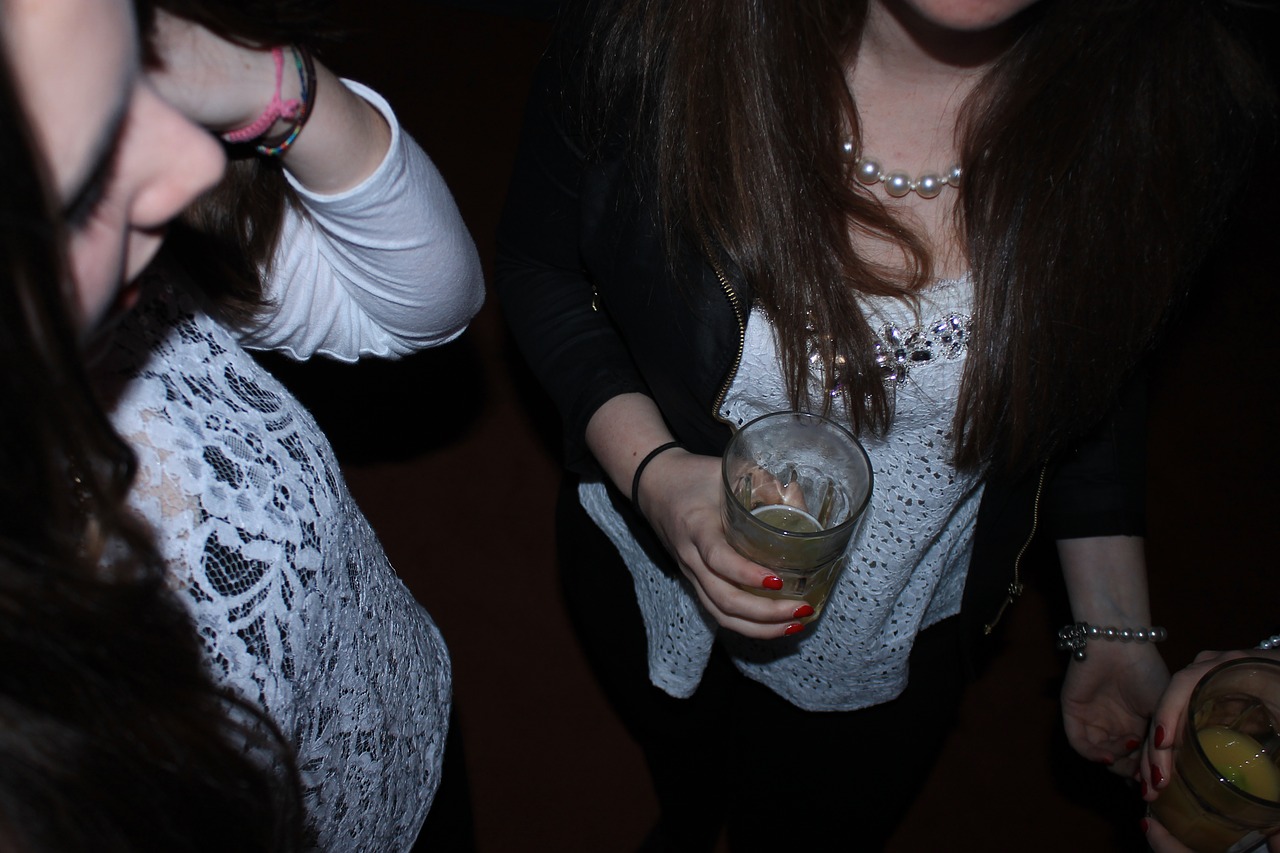
Are you concerned about your teen drinking?
What do you do if you find out your teen has tried alcohol? This can be a difficult and concerning time for parents. However, there is a difference between typical adolescent experimentation with alcohol, versus alcohol abuse. To be clear – any alcohol use is illegal under 21, but some drinking behaviors are much more problematic than others.
Here’s the good news – alcohol use among adolescents has been steadily declining. According to drugabuse.gov 17% of 8th graders, 38% of 10th graders, and 55% of 12th graders have tried alcohol in the past year. This is down from 26.9% of 8th graders, 49.8% of 10th graders, and 63.5% of 12th graders in 2011.
As you can see, over half of seniors have tried alcohol in the last year. If you find out your child has tried alcohol, then don’t immediately start to worry. However, these are the behaviors you should look for that might signal cause for concern.
[bctt tweet=”What to look for if your teen is drinking: amount/frequency of drinks and age the drinking started” username=”BehaviorChange_”]
The two pieces of information you should be looking for as a parent is 1. The amount and frequency your teen drinks and 2. The age the drinking started
Binge drinking is something to look out for – Binge drinking is defined as a “pattern of drinking that brings a person’s blood alcohol concentration (BAC) to 0.08 grams percent or above. This typically happens when men consume 5 or more drinks or women consume 4 or more drinks in about 2 hours.” (CDC.gov). If you find out your teen is binge drinking twice a month or more, then this is cause for concern. Adolescents with these types of drinking behaviors are more likely to engage in other risky behaviors such as drug use and risky sex, and are more likely to perform poorly in school.
The age your teen begins to experiment is also important to consider. People who start drinking before the age of 15 are over 4x more likely to meet the criteria for alcohol dependence later in life.
If your teen is drinking before the age of 15, or binge drinking more than twice a month, then you should take this seriously as a parent, as it’s a behavior that is important to address. However, if your teen is drinking a few times a year, then according to the research this is unlikely to cause any long-term problems.
Lastly, as a parent you should ask why your teen is drinking. If it’s because they were at a party and had a few beers because everyone else was, then it’s not that out of the ordinary. However, if your teen is drinking to conceal feelings of sadness, anxiety, or depression, then this is a red flag. Drinking is an unhealthy coping mechanism, and this shows that your teen needs to learn other ways of dealing with their negative emotions.
[bctt tweet=”What you can do as a parent is to model healthy drinking behaviors, and talk to them about risks of alcohol use” username=”BehaviorChange_”]
The most important thing you can do as a parent is model healthy drinking behaviors, and talk to them about the risks of alcohol use. Alcohol use in adolescence can impact brain development, hormonal changes, and liver effects. The more open your household is about drinking, the more you will know as a parent, and the more effectively you can intervene if drinking becomes problematic for your teen.
In conclusion, experimentation means drinking occasionally (less than 2x/month) and not binge drinking (4-5 drinks in a 2 hour period). Abusing alcohol for teens means drinking at least twice a month, binge drinking, or drinking to avoid negative feelings like anxiety or depression. If your teen is abusing alcohol try these steps. (1) Kindly talk to them about how much and why they are drinking, (2) Create consequences and limitations WITH your teen, and identify how you will be evaluating their drinking (e.g. using an at-home breathalyzer). (3) If the drinking does not change, seek professional help with a licensed therapist.
References:
Alcohol and Public Health. (2017, June 07). Retrieved November 05, 2017, from https://www.cdc.gov/alcohol/fact-sheets/binge-drinking.htm
Abuse, N. I. (n.d.). Monitoring the Future Survey: High School and Youth Trends. Retrieved November 05, 2017, from https://www.drugabuse.gov/publications/drugfacts/monitoring-future-survey-high-school-youth-trends
Underage Drinking. (n.d.). Retrieved November 05, 2017, from https://pubs.niaaa.nih.gov/publications/aa67/aa67.htm






